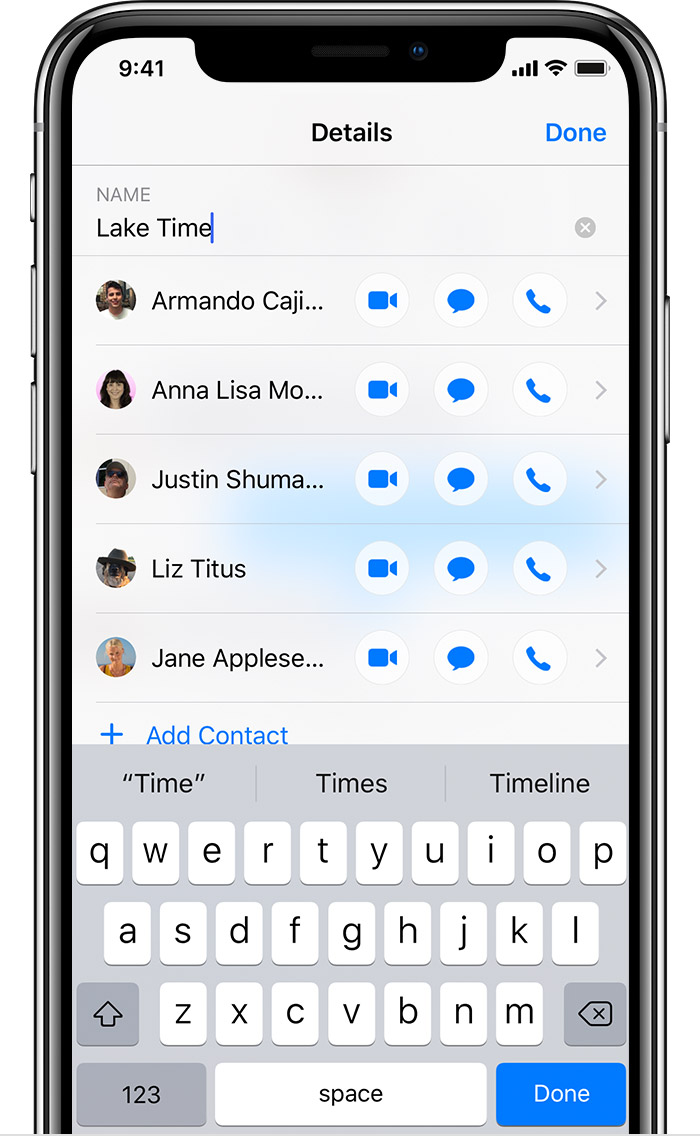

She worked directly with Solomon and Cofer as a liaison to Yale.

In her role, Osgood explained that she was in a contract with Fizz through August, working to launch the app at Yale on Aug. Zhang and other Sidechat promoters also tabled on Cross Campus, rewarding students who registered for the app with cookies and cash.īella Osgood ’25 identified herself as a Lead Ambassador for Fizz at Yale. His promotional tasks included standing outside of Toad’s Place last Wednesday passing out $5 bills to students who downloaded Sidechat. Zhang reported being paid $60 per hour by Sidechat to promote the app at the University. “ an anonymous posting app where people can post their thoughts or things they find funny without it being tied to an account or their name,” Shane Zhang ’25, a Yale student being paid by Sidechat to promote the app but who said he is not an official representative, told the News.īoth Fizz and Sidechat operate campus by campus, recruiting student ambassadors and groups to promote their respective apps through tabling and social media outreach. The News was unable to reach Sidechat’s founders for a comment. Sidechat was released nearly a year after Fizz, in February of this year. After registering with their college email address, Fizz users are connected to a network restricted to students at their school. For Amelia Lee ’26, anonymous platforms like Fizz and Sidechat can “easily be abused,” and Patti Mullin ’26 said that users must always contend with the possibility of having their identity be released on the anonymous apps.įizz was launched by two Stanford dropout students in July 2021, Solomon and Ashton Coįer, with the stated goal of creating productive anonymous discourse on college campuses. When Librex was shut down, students spoke out on the anonymous forum’s negative and problematic content. Some students, however, were not fully convinced that these new apps will avoid the harm prior anonymous apps have caused.

The anonymity allows people to speak their mind but within a well-moderated environment of students at their school.” “You know who is in the community - it’s the people around you - you just don’t know who’s who in the community. “Fizz was essentially built to be an engaging and safe anonymous space where people can post memes, polls, GIFS, links and text posts to their college community,” Fizz co-founder Teddy Solomon said. Sidechat and Fizz have amassed a substantial network of Yalie users and ambassadors. The apps - almost identical in structure, but separately owned - both offer students the opportunity to share anonymous content with their peers and also upvote and comment on posts. The two platforms rose to prominence as competing replacements for Librex, a Yale-founded anonymous app which shut down suddenly in February of this year. Sidechat and Fizz, two anonymous chat apps expanding to college campuses across the country, recently recruited Yalies to promote their launch at the University.


 0 kommentar(er)
0 kommentar(er)
